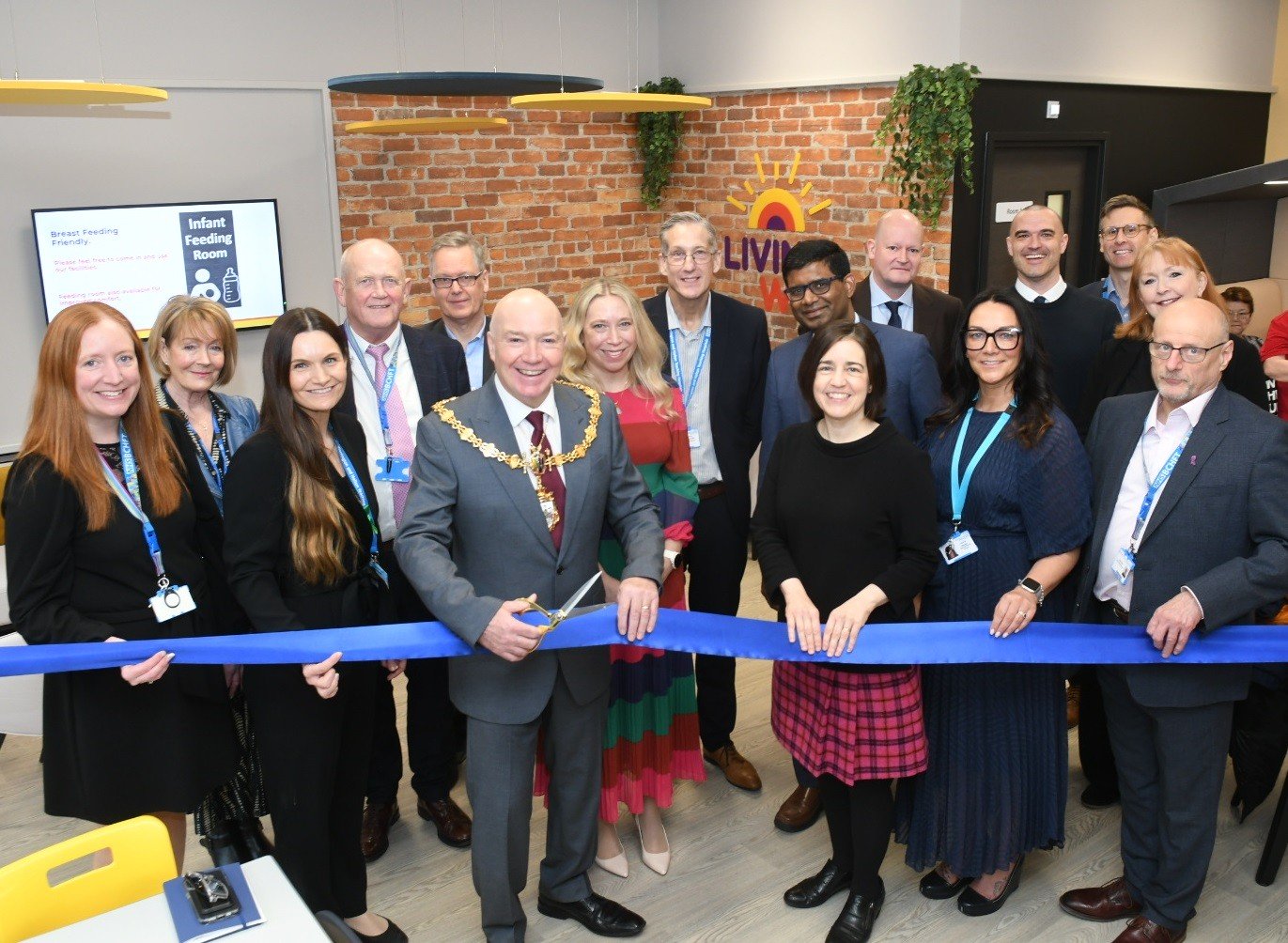Spring Budget: £6bn Funding Boost to Support and Modernise NHS

Close to £6bn in new funding for the NHS has been detailed in this month’s spring budget, consisting of £2.5bn to improve overall performance, and £3.5bn to invest in digital technology.
The budget, which was announced by Chancellor Jeremy Hunt last week, also stated that the investment into the NHS’s digital transformation would help unlock £35 billion in cumulative productivity savings from 2025-26 to 2029-30.
More day to day funding is necessary to enable forward planning
A cash injection of £2.5bn for 2024/25 will help to support NHS services by improving performance and reducing waiting times. This funding boost takes the NHS’s total budget to £164.9bn.
Responding to the budget, Sir Julian Hartley, chief executive of the NHS Providers, described the funding boost as a ‘temporary respite’ for NHS leaders, and called for long-term, multi-year investment to allow them to plan for the future.
He said: “The chancellor had a key opportunity to put NHS finances back on track today after a year in which high inflation, disruptive industrial action, and rising demand for care have left gaping holes in trust budgets. After dire warnings of NHS spending cuts earlier this week, today’s announcement of an extra £2.5bn for day-to-day NHS spending will offer much needed – but temporary – respite from these financial pressures.
Leaders across the NHS want nothing more than to provide high-quality patient care and improved services.
“But to do this, they need to see long-term, multi-year investment in the health service which allows health leaders to plan for the future instead of this stop-start approach to NHS funding which leaves them constantly worrying about budget cuts followed by quick-fix, short-term funding announcements.”
The investment into digital and technology has been welcomed
In a bid to improve public services and bring public sector productivity back to pre-pandemic levels, the Chancellor also announced The Public Sector Productivity Plan with a £4.2bn investment.
The NHS will receive £3.4bn of this to invest in new tech and digital transformation, which includes making the NHS app a single front door for patients, utilising AI for form-filling to free up clinicians, rolling out universal electronic patient records, and over one hundred upgraded AI-fitted scanners, enabling doctors to read MRI scans more accurately and quickly.
Sir Julian Hartley acknowledged the positive responses to be expected from this announcement, stating that NHS leaders: “Will be pleased though, that the chancellor has finally heard their calls for more investment in digital and technology in the NHS, which has the potential to transform healthcare for patients, improve access to services and free up staff time.
Matthew Taylor, chief executive of the NHS Confederation, also commented: “The £3.4bn additional investment in technology over the next Parliament has the potential to improve patient care and staff productivity as it will help to replace outdated IT systems that keep those on the frontline from spending more time with patients. Meanwhile, extending Electronic Patient Records to all hospitals will help to support joined up care across services.
However, bigger productivity gains will only be realised if the NHS’s crumbling estates are addressed too.
“This is why we have called for a £6.4bn annual capital funding increase for the NHS. Some of this may be covered by the Government’s NHS productivity plan, but new computers sat in outdated estates is far from ideal and much more funding will be required.”

